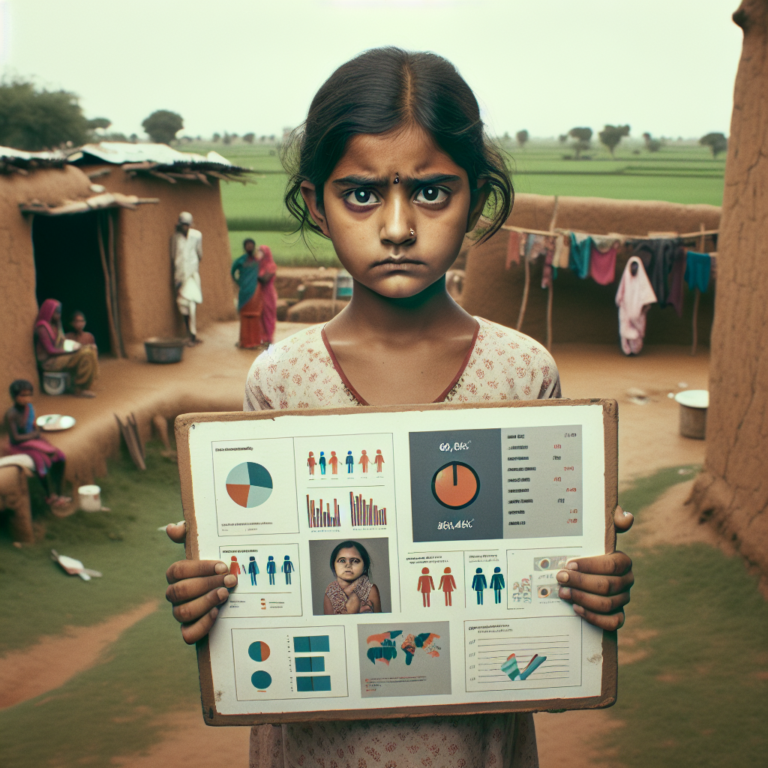ending child marriage
Girls and women – particularly the poorest and most socially marginalised – have been disproportionately affected by both the pandemic and responses to it. The economic consequences are likely to increase child marriage rates around the world because poverty is one of the key drivers of the practice.
Food insecurity and decimated livelihoods – particularly due to retractions in the informal economy, restricted access to food production during lockdown and weak social protection systems – have pushed families into extremes of poverty and hunger. Families faced with this situation are more likely to marry their daughters to reduce the “burden” and – where a bridal dowry is paid – increase their income. Lockdowns have also intensified situations in which women’s work is undervalued, they have a greater (unpaid) burden of care, and less access and control over resources. However, the pandemic has also highlighted the resilience, leadership and value of women and girls.
We need to work together as a partnership to make sure that girls at risk of child marriage and married girls don’t get left behind during the COVID-19 response and recovery. That’s why we’re compiling regular roundups of resources that may be useful to Girls Not Brides member organisations at this difficult time. These are linked in this series of blogs, and a selection can also be found in our Resource Centre. So far, we have covered the issues of gender-based violence, sexual and reproductive health and rights, economic impacts, girls’ education and human rights in Latin America and the Caribbean.
This week, we focus on COVID-19 and a feminist analysis of its economic impacts. The resources linked below support calls for new economic models, recognition for the leadership and contribution made by women and women’s rights organisations, and gender transformative approaches that mitigate the gendered impact of COVID-19 and underlying structural inequalities. We hope these resources will help you to promote gender-sensitive financing and avoid the diversion of funds away from women and girls towards frontline responses.
RESOURCES
Building feminist economies, AWID
The AWID website provides analysis, resources and contacts to support community-level work and/or to influence policy and decision making to build feminist economies. AWID highlight the link between the world economy’s reliance on women’s unpaid and undervalued care work for the profit of others, the need for an interconnected and intersectional approach, and the limitations of many women’s economic empowerment projects. Their blog on corporate power and COVID-19 exposes the unequal effects of the virus.
Feminist reframing of macro-level economics (REFRAME) project, Gender and Development Network and FEMNET
This project provides a feminist analysis of the way macro-level economic policies undermine gender equality. REFRAME focus on unpaid care, decent work, raising resources (tax, trade and debt), government spending (austerity, public services and social protection), and corporate accountability.
Why WHO needs a feminist economic agenda, The Lancet
This article speaks to the links between health and economic outcomes, suggesting that the WHO adopt a feminist economic agenda to achieve its global mandate. It examines the credibility gap between international financial institutions and policy makers that both champion gender equality and also fund systematic gender discrimination.
Oxfam’s brief makes the case for urgent social protection for the 4 billion people who currently lack it; additional social spending for public services and progressive taxation; support for agricultural producers, workers and rural communities; decent jobs and workers’ rights; alternative business models that share profits and prioritise the interests of women and a green recovery. Available in English, French, Italian and Spanish.
OECD policy responses to coronavirus: Women, employment, income and COVID-19, OECD
This brief summarises the economic impact of the pandemic on women. It uses evidence from the Ebola crisis (2014-15) that women suffered more because of the types of jobs more often done by women being harder hit by economic contraction. The brief analyses the gendered impact on women in terms of employment, income and poverty. It also exposes the different impact for women of different ages and in different households, including widows and single parents.








